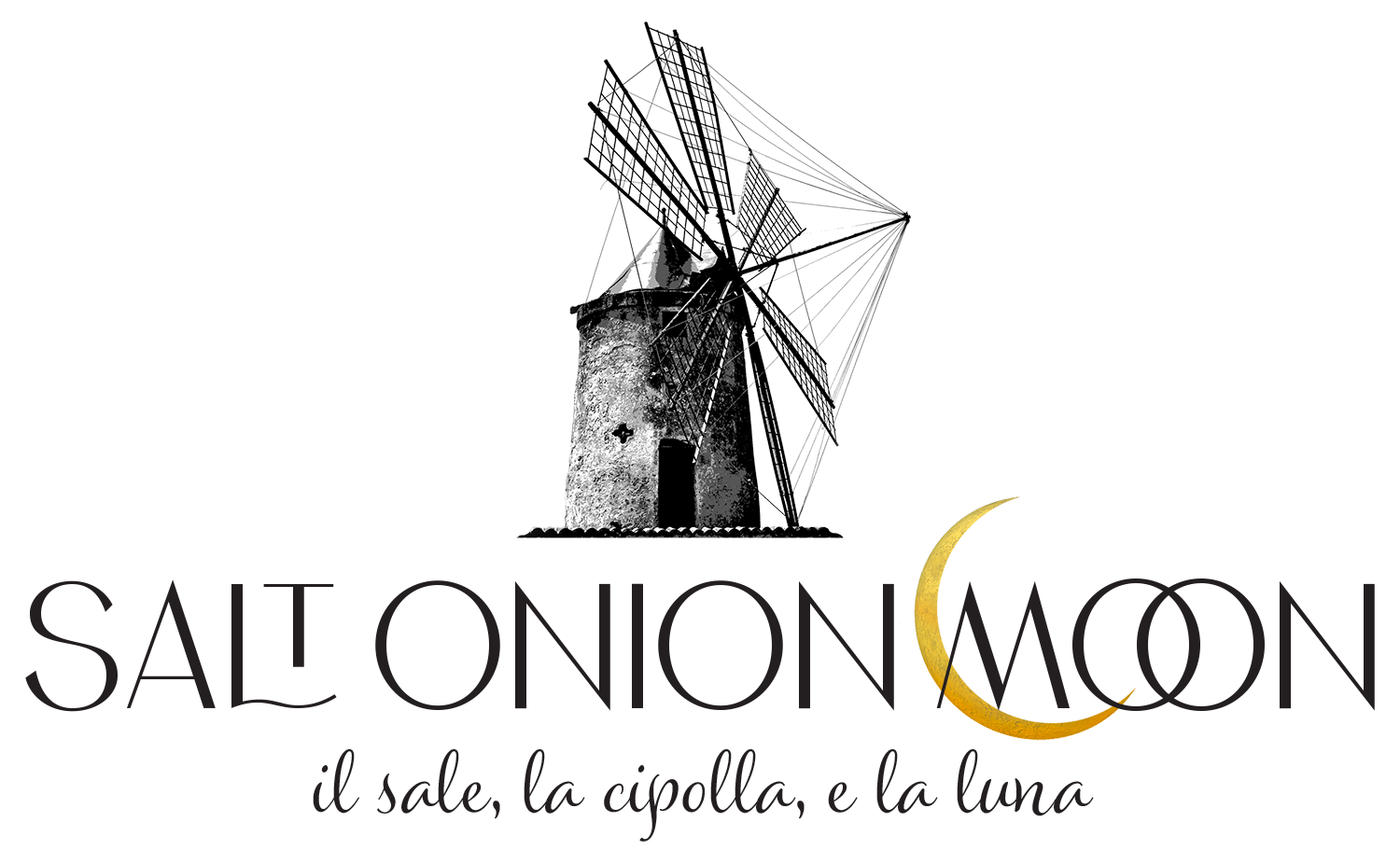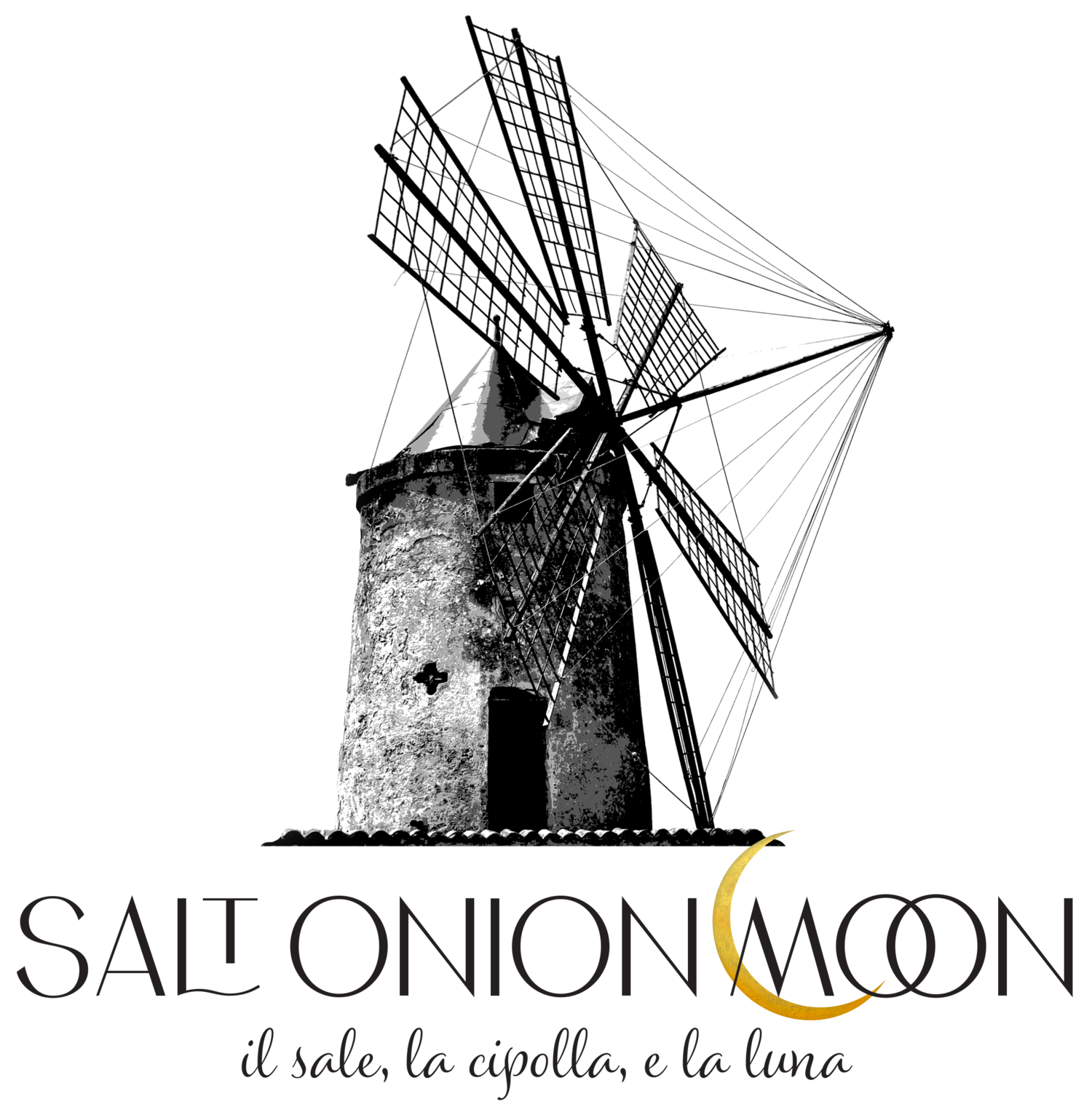Our Lady of Perpetual Hunger by Lisa Donovan
Lisa Donovan wrote the James Beard Award winning essay entitled, “Dear Women: Own Your Stories”, for the December 2017 issue of Food and Wine in which she called out the restaurant industry for its inherent misogyny. The essay was inspired in the wake of the #MeToo movement - founded by Tarana Burke in 2006 - which came to even greater prominence in 2017 after the Harvey Weinstein sexual abuse stories came to light. I knew the name Lisa Donovan, I knew she was a renowned pastry chef, but for me, that essay tied it all together and illuminated a woman who had had it with the boys’ club and the pervasive expectation - the given - that women in the restaurant industry are simply there to be, in her words, ‘of use’ to the men.
In Donovan’s new memoir, Our Lady of Perpetual Hunger, she touches on all aspects of her identity - daughter, friend, personification of work ethic, intellectual, team player, resilient bad ass, confident risk-taker, professional, mother, wife...as well as further exploring the misogyny in the restaurant industry by way of her own experience. She writes of the particular truths of the experience of womanhood and the influence of the women before her who provide a foundation for her skill and work ethic in the kitchen. She understands the practical and psychological value of the recipes passed down from these women: “I want that food to be respected and honored in our world from its true origins, not solely from a male chef who has figured out how to build an entire brand around what he learned from our hands as he stood by our strong, life-giving hips watching and wishing to god he had some kind of magic that even came close.” Lisa Donovan makes clear that an industry which relies on the inspiration and innovation of women does not actually allow most women to make a living cooking in a professional kitchen. She points to investors who are more than happy to throw money at male chefs who jump on the feminist bandwagon, but oddly not at women doing the same work.
Donovan delves into the racism - specifically in southern cooking - that affects the restaurant/hospitality industry in the same way it systemically affects our culture as a whole. She takes care to attribute the origins of most Southern baking to domestic workers more recently, and to enslaved women historically. The provenance of these recipes and traditions continues to be overlooked in the industry, along with the complicated ingenuity required for these women to pass their craft along through generations.
I’m not a professional cook, and I’ve worked in restaurants only in positions much less weighty. I am a woman and a mother, so when Donovan writes about the bigness of family, womanhood, and motherhood it connects in a powerful way.
Donovan’s reflections on motherhood as she sat alone in her hospital bed nursing her newborn son encapsulate the essence of motherhood in a way that I’ve been trying to do for 27 years, since my first son was born. I have claimed that the words just don’t exist in an adequate way. It turns out they do, but for me, they just needed Lisa Donovan to put them together. She writes, “I held the born baby in my arms, slowly realizing that motherhood is all the painful tangled mess of the body and spirit, perpetually, and you can never again untie the knots. Instead, you feel it, all those feelings, all at once, at every moment, because that is the task at hand, that is the only way to get this right. To believe how everything, every moment leading up to this very second was important in getting you here. It brought you to him. So you do your best for him, girl, every single moment you have available for the rest of this life. You are his forever. You are his mother.” I’ll confess here that I cry at the drop of a hat. I am tough as nails in many ways, but my tear ducts independently decide when to chime in, despite my best attempts to thwart them...sad, happy, angry, tipsy - you name it. I blame it on genetics (which I wouldn’t change for anything), but knowing this, you won’t be surprised that this book brought me to tears more than once...this passage was only the first time, because she just nails it.
I was initially drawn to Lisa Donovan because I’ve been a home baker for as long as I can remember. Perhaps it just goes with who I am. I am a rule follower. I don’t take unnecessary chances, but I’ll give myself credit for being creative. I’m always dreaming up ideas and getting lost in the possibilities of creativity, but I lack confidence. This is not the case with Donovan - maybe that’s why I am so captivated by her. To me, baking does not allow one to venture too far outside of its parameters. Of course there is room for innovation, new combinations, re-imagining, being acutely aware of the effect of the environment and truly knowing your ingredients - this is where the professionals shine, but in the end there is the science of baking. The mastery of it speaks my language, although I believe I’ve probably perverted it to fall in line with my fear. Real bakers like Donovan, those who do the hard work, those who push the boundaries, and those with the skill and confidence to dwell in simplicity, those real bakers are nothing short of amazing.
Which brings me to pie. My Nana made wonderful pies - not fussy or precious, but simple and delicious. Her crust, just butter, flour and water is something I’ve tried countless times to recreate, but I’ve never been able to replicate it in the same perfectly flakey, barely there - yet profoundly there kind of way. To me, there is something about a pie that feels so much more full of love than a cake, maybe it’s because my Nana was so good at making them. I can make a damn good cake, but pie scares me. Although she can do it all, Lisa Donovan first came to my attention as a pie baker, a perfect pie baker, although she eschews the idea and makes the point in her book that she is, “... not driven to make the perfect version of something”, she wants to, “...give people food that tastes of our past stories and of our present now.” Yes! Her baking philosophy is that simple is better, and I firmly believe there is a certain perfection in simplicity. This approach is evocative of home, less complicated times, providing for those you love, slowing down, focusing on what you have (in season) and making the very best you can from it. In the February 2020 issue of Food and Wine, Donovan writes about her style of dessert: simple, but with articulated flavors. She makes the point that, “The tricky thing about simplicity is that you really have to know your shit. There is nowhere to hide when you partner with simple.”
I’ve strayed a bit from the book at hand, but I’m going to focus on the personal for just another minute...I promise there is a connection. Despite my limitations, I’ve come to realize that baking grounds me. It makes me confront my fear, it provides a (sometimes) meditative practice, it connects me with the women in my family and the women everywhere who were/are responsible for nourishing their families. It helps me figure out who I am and understand my place in the continuum. It seems to do the same for Donovan, and although our life experiences share only a handful of parallels, I feel like I know her in my soul. The connection that baking brings - to Donovan, to memory, to our collective history - is exactly what is important to me.
Maureen Corrigan, in her September 9, 2020 NPR book review of Our Lady of Perpetual Hunger, makes it clear that the book is actually a portrait of Donovan describing, “...the messy process of coming to her own worth”, as opposed to being just a “...natural born bad-ass”, although I hope Lisa Donovan joyfully embraces the bad-ass moniker. After close reflection on her life experiences one of the things she ultimately comes to realize is that we are allowed to ‘contain multitudes’ - women do. In the end, Donovan advises us, “Maybe we could each just take one another’s tenderness and protect it, protect it with all our strength. Maybe that tenderness could prevail for once and fuck all if we just stopped being so ashamed of it. Maybe we could just feed people and be seen and maybe be loved and maybe that tenderness could find a home that was enough.” It’s what women have been doing for their families and for each other for ages, and it’s pretty bad-ass.
In her book, Untamed, Glennon Doyle writes of a pivotal time in her life in which her friend, the inimitable writer Elizabeth Gilbert, is present to listen as Doyle stands at a life altering and life sustaining crossroads. Gilbert provides calm accepting reassurance after which Doyle writes, “It is a blessing to know a free woman. Sometimes she will stop by and hold up a mirror for you. She will help you remember who you are.” In Our Lady of Perpetual Hunger, Donovan has done that for all of us.
(Postscript: I was inspired to make a pie, actually two pies, because Lisa Donovan says you should make two if you are going through the effort to make pie at all. Apparently I overfilled them, the filling leaked into the oven, the house filled with smoke, but I made pies and the crusts were perfect. Somewhere, I think my Nana is smiling.)


